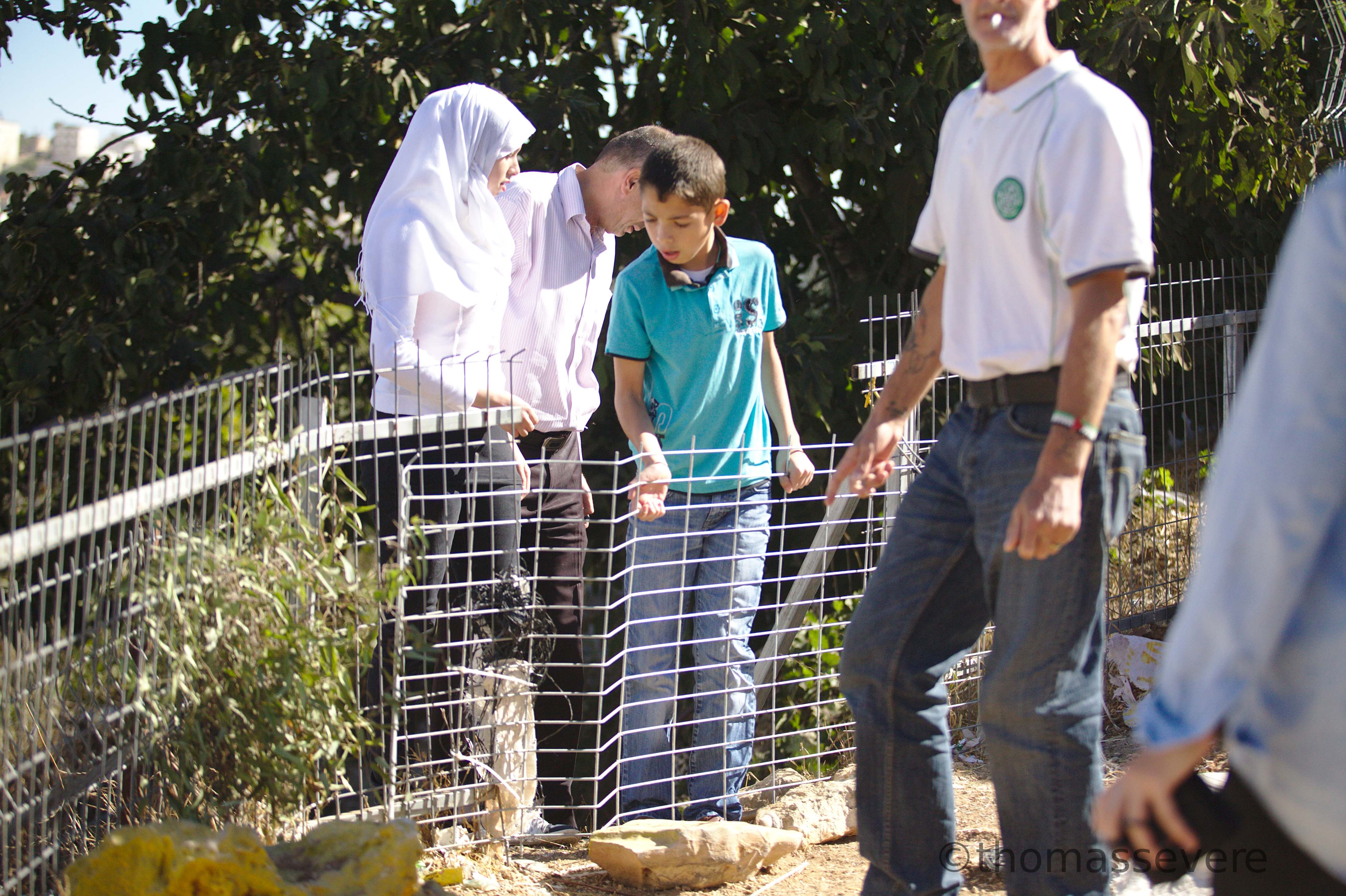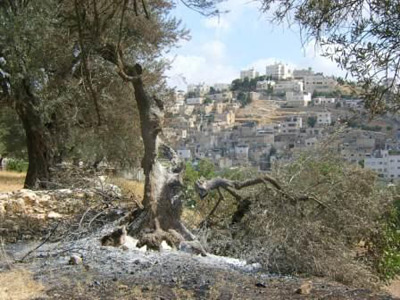Tag: Settler violence
-
Updated: Continued settler harassment and international arrested in Hebron
13th October 2013 | International Solidarity Movement, Khalil Team | Hebron, Occupied Palestine One international was arrested after settlers fenced off the Asseh family home for a second day in a row in Hebron’s Tel Rumeida area. Yesterday, early Saturday morning, settlers tied a fence across the exit of the Asseh family home with a…
-
Illegal settlers prevent family from leaving their home and attack internationals whilst Israeli soldiers watch
Yesterday, 11th October at 7 pm, a group of settlers of the illegal settlement of Tel Rumeida surrounded the entrance of the Azzeh family property and built a wire fence to block the exit. Young settlers fixed the fence in place using plastic cable ties. Hashem Azzeh and his family were about to leave the house…
-
Vicious settler attack leaves 15-year-old in need of hospitalisation
24th September 2013 | International Solidarity Movement, Khalil Team | Hebron, Occupied Palestine Yesterday, Monday 23rd September, a mob of Israeli settlers invaded the roof of a Palestinian family in Hebron, attacked several Palestinians and international activists and beat a 15-year-old unconscious, leading to hospitalisation. At approximately 5pm a group of Israeli settlers and Jewish…


